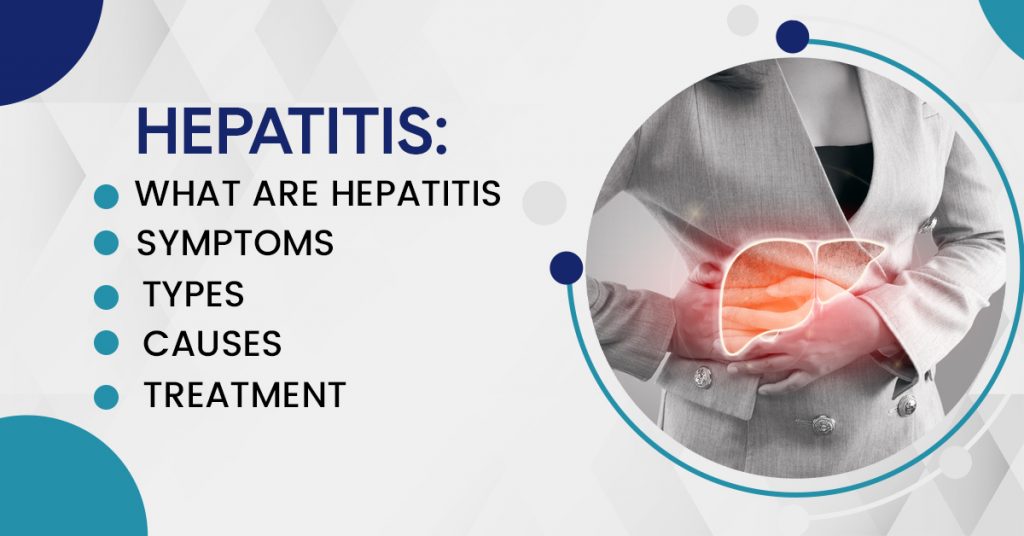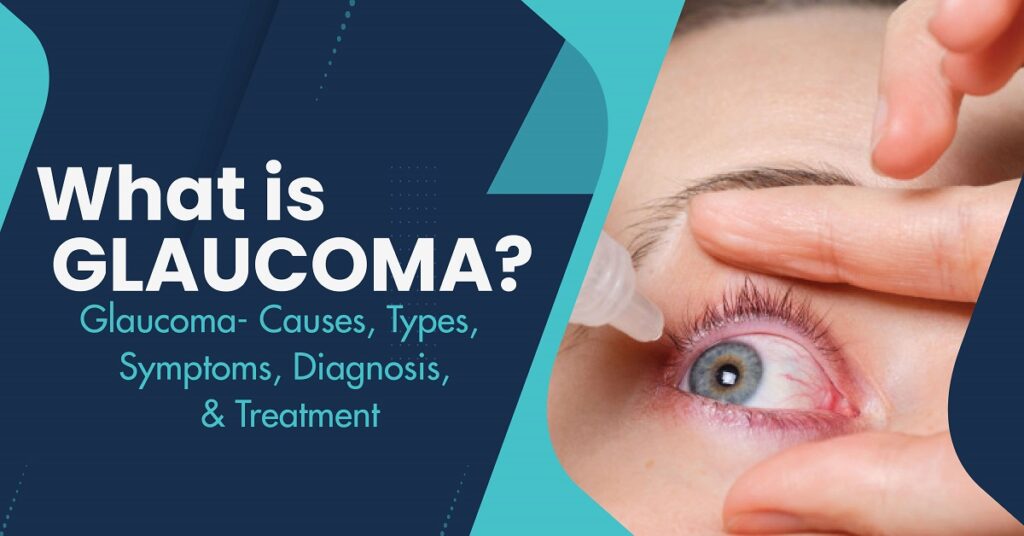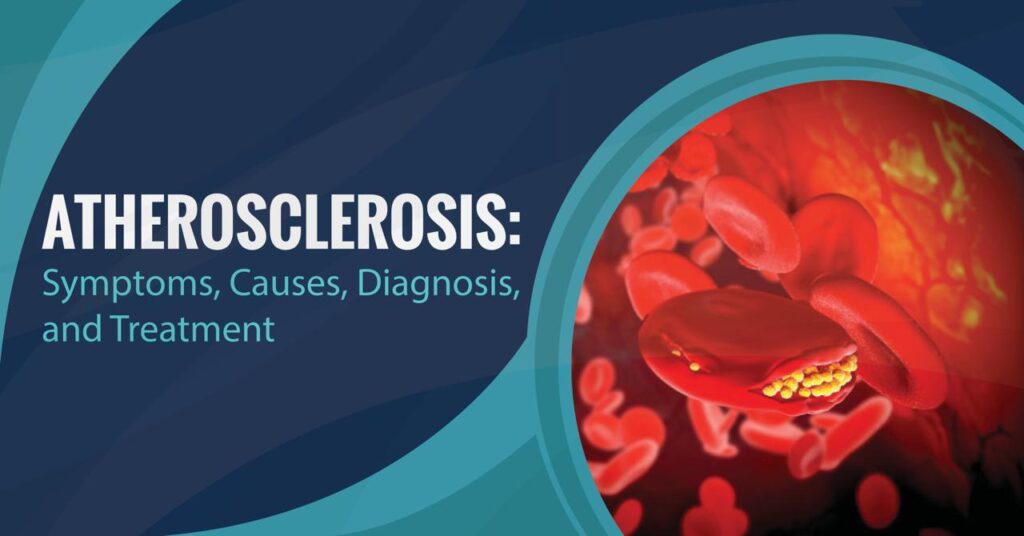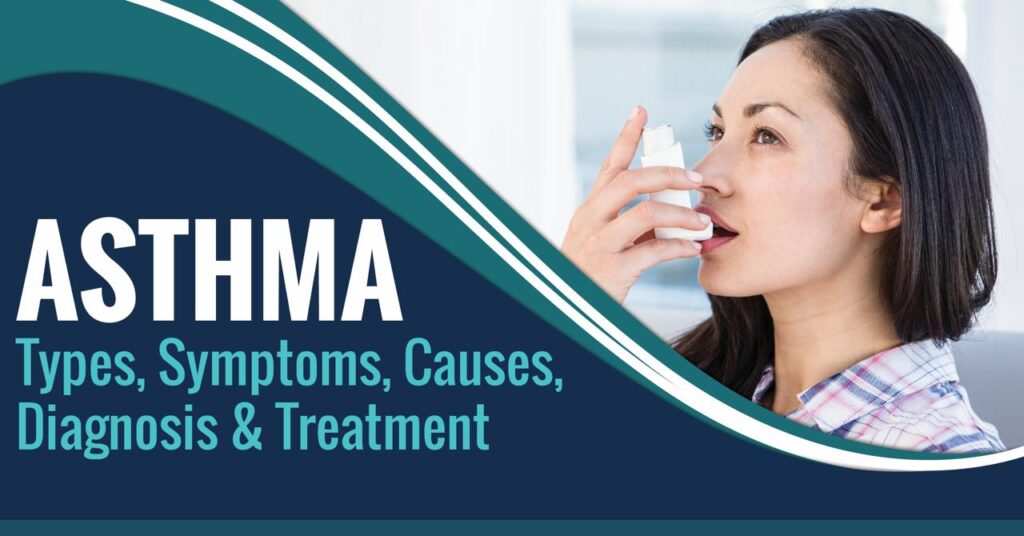What is Hepatitis?
There are many types of hepatitis, but hepatitis, in general, refers to inflammation of the liver. The liver is prone to inflammation due to several causes, including viruses (viral hepatitis), chemicals, drugs, alcohol, genetic disorders, and an overactive immune system attacking the liver, called autoimmune hepatitis.
Acute hepatitis flares up suddenly and then subsides, but chronic hepatitis produces more subtle symptoms and results in progressive liver damage over time. Hepatitis A, B, C, D, and E are the five main viral types of hepatitis. Hepatitis caused by viruses differs from one type to another.
Types of Hepatitis:
Hepatitis A. There are no long-term infections associated with this type, and complications are usually not experienced. About two months pass before your liver heals. There is a vaccine you can use to prevent it.
Hepatitis B. A person usually recovers from this type of illness within six months. Unfortunately, it can sometimes lead to long-term infections that lead to liver damage. It is possible to spread the virus even if you don’t feel sick once you have the disease. A vaccine will prevent you from getting it.
Hepatitis C. There are several types of this disease, but many people don’t have symptoms. A long-term infection occurs in about 80% of people with the disease. There is a possibility that it can lead to cirrhosis of the liver. As far as I know, there is no vaccine to prevent it.
Hepatitis D. Only hepatitis B infections cause this rare form of hepatitis. Inflammation of the liver is also caused by the hepatitis D virus (HDV), but a person cannot contract HDV without also having hepatitis B. Hepatitis B chronic patients are affected by HDV in almost 5 percent of cases worldwide.
Hepatitis E. Viruses such as the hepatitis E virus (HEV) cause hepatitis E, a waterborne disease. People typically contract hepatitis E through ingesting fecal matter contaminated by contaminated water in areas with poor sanitation. A CDC report indicates that this disease is rare in the United States. When a pregnant woman is infected with hepatitis E, it can be particularly dangerous.
Causes of Hepatitis:
Infecting the liver with a virus causes viral hepatitis. About 90% of acute hepatitis cases in developed countries are caused by hepatitis A, B, and C viruses. It is also possible to contract hepatitis D and E from these viruses.
Alcohol, drugs, toxic chemicals, etc., are some of the main causes of non-viral hepatitis. There are also diseases affecting the liver that can cause them, such as fatty liver (NASH).
Symptoms of Hepatitis:
Most of the time, you don’t see any symptoms of hepatitis A until you’ve had the virus for a few weeks. The symptoms of hepatitis A do not affect everyone. You may experience the following signs and symptoms of hepatitis if you do:
- Fatigue
- Sudden vomiting and nausea
- Discomfort or pain in your abdomen, especially beneath the lower ribs on your upper right side.
- Constipation with clay-colored stools
- Loss of appetite
- Joint pain
- Low-grade fever
- Dark urine
- Having yellow skin and eyes (jaundice)
- Intense itching
These symptoms may last for a few weeks and be relatively mild. Although hepatitis A infections can sometimes cause severe illness, they do not always last for long periods.
How to Diagnose Hepatitis?
The diagnosis of hepatitis usually involves a combination of blood tests, imaging tests, and liver biopsies, depending on its cause and degree of progression. The immune system produces antibodies to fight viral hepatitis if it is suspected that a particular virus is causing the disease.
Samples of blood are tested to diagnose viral hepatitis if that virus is suspected. Viral and non-viral hepatitis can also be diagnosed with blood tests that look for signs of liver damage.
Labs and Tests:
Health care providers may suspect hepatitis if they notice flu-like symptoms, gastrointestinal symptoms, or jaundice (yellowing of the skin or whites of the eyes). A blood test may be ordered based on these symptoms as well as medical history and physical exam.
Liver Function Tests:
An individual’s blood can provide a great deal of information about his or her liver’s health. Tests for liver function are used to detect symptoms of hepatitis caused by bilirubin (a by-product of blood that causes jaundice) and certain liver enzymes.
In normal circumstances, the liver maintains tight control over these enzymes. Your healthcare provider can detect enzymes in a small sample of blood when it is damaged since enzymes escape into the blood when it is damaged.
Liver damage is typically detected by testing four enzymes:
- Alanine aminotransaminase (ALT)
- Aspartate aminotransferase (AST)
- Gamma-glutamyl transaminase (GGT)
- Total Bilirubin
Antibody Tests:
The body makes two types of antibodies: IgM antibodies for fighting specific viruses, which are produced as soon as the body identifies one. After infection, the body produces IgG antibodies that function to provide future immunity while also being specific to the virus.
Three hepatitis viruses can be tested for antibodies against – hepatitis B (HBV), hepatitis C (HCV), and hepatitis A (HAV).
Direct Viral Measures:
Polymerase chain reaction (PCR) tests can measure the amount of virus in the blood in addition to detecting antibodies against HBV and HCV.
Imaging:
While imaging tests cannot detect viral infections of the liver, they can reveal inflammation, changes in size, and tumors that result from chronic infections or liver disease caused by hepatitis.
- Abdominal ultrasound: A liver and abdomen ultrasound can detect abnormalities in the liver and abdomen, as well as fluid buildup in the abdomen due to liver disease.
- Computerized axial tomography (CT): Hepatitis can cause changes to the liver’s size and density, and an abdominal CT scan may detect masses or signs of early cancer.
- Magnetic resonance imaging (MRI): MRIs can detect abnormalities suggestive of cancer or liver dysfunction.
How is Hepatitis treated?
Your treatment options will depend on the type of hepatitis you have and the severity of the infection.
Hepatitis A
The symptoms of hepatitis A may go away without treatment if it is a short-term illness. There may, however, be a need for bed rest if symptoms cause a great deal of discomfort. A dietary plan to maintain hydration and nutrition may be recommended by your doctor if you experience vomiting or diarrhea.
Hepatitis B
Acute hepatitis B does not have a specific treatment program. Those with chronic hepatitis B, however, will require antiviral medications. The cost of this type of treatment can be high, as you may need to continue it for several months or even years.
In addition to regular medical evaluations and monitoring, chronic hepatitis B treatment must also be monitored to determine whether the virus is responding.
Hepatitis C
Hepatitis C can be treated with antiviral medications both acutely and chronically. The most common type of antiviral drug therapy used for chronic hepatitis C is a combination of antiviral drugs. Further testing may also be required to determine the best treatment option.
The liver transplant procedure may be considered for people who develop cirrhosis or liver disease as a result of chronic hepatitis C.
Hepatitis D
Hepatitis D can be treated with pegylated interferon alpha, according to the WHO. There are, however, some severe side effects associated with this medication. Due to these reasons, it should not be taken by people with cirrhosis liver damage, psychiatric conditions, or autoimmune diseases.
Hepatitis E
Due to the nature of the infection, no specific medical treatment for hepatitis E is available at present. It usually resolves on its own because it is often acute.
A doctor will usually recommend getting enough rest, drinking plenty of fluids, eating enough nutrients, and avoiding alcohol for patients with this infection. This infection, however, must be closely monitored and treated in pregnant women who develop it.
You can Read Also: Hematoma: Causes, Symptoms, and Treatments
Tips to Prevent Hepatitis:
- Keep your weight in check: Obesity leads to fatty liver and eventually cirrhosis. A low-fat diet is recommended to maintain the health and function of your liver. A liver scarred by fat infiltration interferes with its normal function and causes it to malfunction.
- Limit alcohol consumption: If you consume too much alcohol, you will permanently damage your liver. Alcohol irritates the liver and causes swelling. The consumption of alcohol increases the risk of developing cirrhosis if you have any type of liver disease.
- Vaccinations: A vaccine is available to protect against viral liver diseases such as Hepatitis A and B. It’s important to make sure you have completed all your vaccinations to avoid viral liver diseases, which can be prevented with the right prophylactic measures.
- Be careful while taking medications: Acetaminophen is one of the most common drugs with harmful side effects on the liver. It is also possible to adversely affect your liver when you regularly consume drugs like Ibuprofen and Aspirin. NSAIDs (nonsteroidal anti-inflammatory drugs) and other painkillers should be avoided to the greatest extent possible. A vitamin-like Vitamin A and a mineral-like Iron should be avoided if you already have some type of liver disease. Some herbal medicines, which are hepatotoxic should also be avoided.
- Personal hygiene: The importance of personal hygiene in preventing Hepatitis cannot be overstated. Hepatitis infection can be prevented through frequent hand washing, avoiding sexual contact, not sharing needles, and consuming clean water and food. Food and water that have been contaminated should be avoided completely, especially when traveling. Person-to-person contact with an already infected patient should also be avoided to prevent the spread of the Hepatitis virus.
Complications of Hepatitis:
Hepatitis is primarily associated with liver complications. However, it can also cause:
- Leg, ankle, and foot swelling
- Confusion
- Jaundice
- Blood in the feces and vomit
Fibrosis, liver cirrhosis, and cancer are among the liver’s problems. The consequences of hepatitis are life-threatening if not treated properly.
When to See Doctor?
It is important for people who haven’t had the vaccine and believe they may have been exposed to hepatitis to see a doctor. Healthcare providers can take preventive measures to protect a fetus if a pregnant woman undergoes HBV screening.









